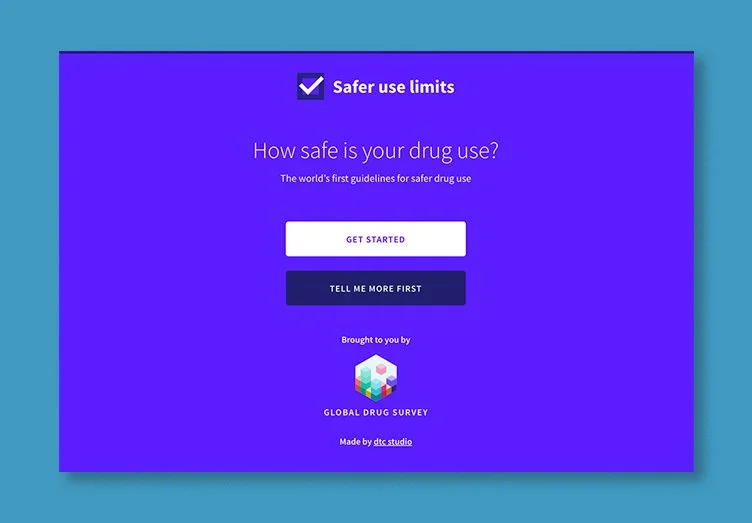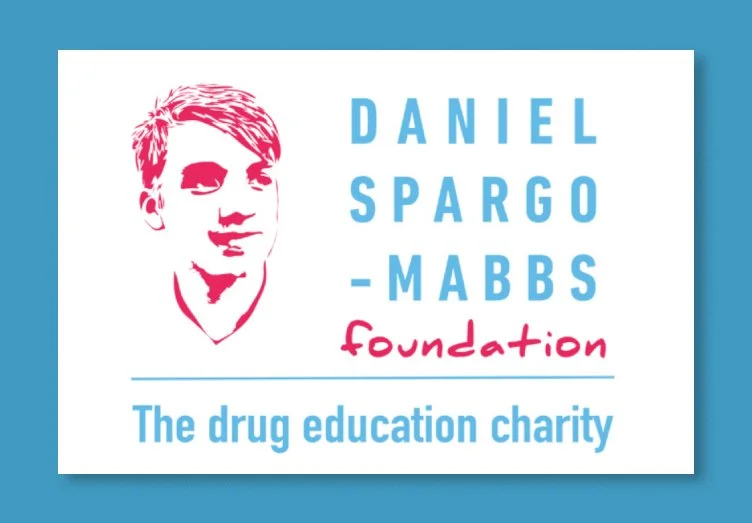What does good drug education look like?
Good drug education prevents or delays the age of onset of substance use and reduces the risk of experimental use causing harm or transitioning to problem/ dependent use.
Most recent government data shows that 59% of 15-year-olds in England (47% in Scotland) have been offered illegal drugs, and 38% (21% in Scotland) have tried them at least once,[1] and by the time they reach the end of their teens a majority will have had to make a decision about drugs. Most young people, whatever their age, don’t use drugs or drink to excess, but some do, and some that do will come to harm, and any harm is avoidable.
Evidence shows that universal, evidence-based drug education, embedded within a whole-school programme of PSHE/PSE, can prevent or reduce harm from drugs to young people, and the school community, environment, policies and wider practices can also all play a protective role.[2]
Why school-based drug education may not be enough
Drug education is mandatory in state-funded schools in England and Wales as part of Health Education, along with Relationships Education in primary schools, and Relationships and Sex Education in secondary schools. DfE guidelines, published in June 2019, outline what this should cover.
Although, evidence-based drug education, embedded within a whole-school programme of PSHE/PSE, can prevent or reduce harm from drugs to young people, the quality, consistency depth and and effectiveness of school-based programmes vary widely.
Within a busy school-based curriculum it can be difficult to ensure knowledge is delivered in a way that is acceptable, meaningful and effective.
Parents and carers remain the most important influence in their children’s lives, right through their teens and beyond, and this includes drugs and alcohol. Good drug education prevents or delays the age of onset of substance use and reduces the risk of experimental use causing harm or transitioning to problem/ dependent use.
Government data shows that the first place 11-15 year-olds turn for useful information about drugs and alcohol is their parents, even though most parents assume this would be their friends, social media or looking online (NHS Digital: Smoking, Drinking and Drug Use Among Young People England 2018).
As parents you are in a position to enhance the education your kids gets about drugs and place it in the context of their life, family and community.
The Adolescent Mind: Substance Use & Mental Health Disorders
The age of onset of substance use overlaps with the onset of many mental health disorders.
There is a significant overlap between the risk and vulnerability factors for the development of substance use and common mental health disorders.
Adolescents engaging with mental health services typically report higher levels of substance use than the general population.
Untreated, mental health disorders pose a significant risk for the development of substance use disorders.
Common conditions associated with the development of substance use disorders include, ADHD, anxiety and depression.
The onset of these disorders in adolescent can lead to attempts to self-medicate emotional distress and trauma.
Substance use, while initially offering temporary relief, tends to worsen the symptoms and delays access to assessment and treatment.
Having a common stance on the use of substances is important. If you’re not communicating with each other, it’s going to be hard to have conversations with your children.
Talking about your concerns, how you are going to talk about them and what your expectations or boundaries are is really important, especially if you hold different views or have had different experiences yourselves.
Judgement closes down conversations
If your child is using drugs, while it might be just for fun it could also be their attempt to manage emotional distress, pain or worry. Closing off the opportunity to talk to you because of shame, concerns over being punished or having let you down, reduces access to the safe space they might need more than ever.
Active Listening: What it is and why it’s important for parents to be active listeners
Active listening keeps the conversation going, builds trust and empathy
Encourages the person talking to elaborate on what they’re saying
As parents, we often adopt a more directive problem-solving stance in conversation – which can be very helpful at times and can still be a part of this conversation - but active listening is required first
What people often really need at times of confusion or distress is to be heard and understood
This can help them develop their own problem-solving skills and come to their own conclusions
Really listen with your full attention - show interest in their experience
Pay attention to both their verbal and non-verbal communication
Listen not only to what is being said, but also to the emotion and meanings for that person
Suspend your own interruptions, judgements, meanings or advice
Use non-verbal communication including nodding, non-judgemental comments like, “Oh, right”, “I see”, and use eye contact
Share back what you’ve understood them to say “Have I got this right?…”
Additional resources for parents
There are loads of great educational resources and organisations e out there. For scientific educational resources on alcohol and other drugs we recommend Drug Science. For legal advice on drugs we recommend Release. Other useful self assessment tools and resources are shown below.









